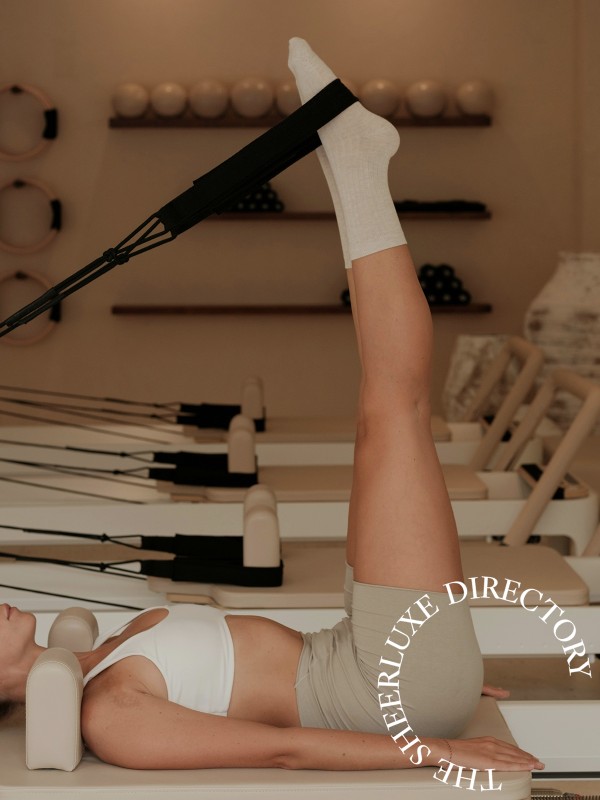Should You Take A Grown-Up Gap Year?
As travel company Flash Pack – which specialise in ‘grown-up gap years’, aka connecting solo 30- and 40-somethings for group adventure trips – reveals, people aged 35 and upwards are becoming more and more likely to take breaks from their careers, or book extended holidays. In fact, 15% of its customer-base includes professionals on gap years, most of whom work in finance and law, or are full-time freelancers.
These adult gap years typically consist of a number of trips booked back-to-back, or over the course six to 12 months, with some customers booking one a month for a year. And the focus tends to be on high-octane experiences – from sunrise bike-rides and safari in India to wild swimming and Bedouin camping in Oman, plus boutique hotels, the best restaurants and air-conditioned tour buses with wifi access. After all, at this stage in life, most of us are past bed-sharing in flea-ridden hostels.
It’s something Flash Pack Co-Founder, Lee Thompson, attributes to the high levels of pressure his clientele experience in their day-to-day lives. “These people have typically been working very long hours for at least ten years,” he tells SL, adding that customers regularly spend upwards of £20k on grown-up gap year trips. “They value their time off much more than the average gap year student, which means the bar is high. They want to invest their hard-earned money into experiences.”
And what’s driving the growth? Thompson believes the economic climate has something to do with it. “Getting a job after studying is no longer a safe bet, which is why the gap years of old are not always the preferred choice for graduates,” he says. “For many of us, working hard to progress before taking a break makes a lot more sense.”
Fancy channelling your inner post-exam 18-year-old and going abroad to find yourself? Thompson has shared his top tips on how to make a grown-up gap year work for you…
1. Boost Your Brain Power
Taking time out genuinely can work have a hugely positive impact, as new research is proving. When your brain is introduced to new experiences and environments it becomes challenged and builds resilience at the cellular level. This increase in cognitive stimulation via exposure to novelty has been shown to improve both memory and concentration.
2. Use It To Your Career Advantage
According to one report, 80% of employers value travel experience in candidates. And while it may seem nerve-wracking taking time out, once you’ve already clocked up a few years on the career ladder it can be well-received by employers. Why? Having staff come back re-charged and ready to sink their teeth into a new project is far better than them getting jaded, cynical and tired.
3. Alleviate Stress & Anxiety
If you’ve been close to burnout for some time (according to the NHS, roughly half a million of Brits are suffering from work-related stress) taking a sabbatical is the best way to step away from mental fatigue - before it becomes a major health issue. Employers are beginning to recognise the value of gap years as the long-term benefits are clear: productivity improves when staff are relaxed and happy.
4. Learn New Skills & Gain Confidence
Taking a break from your regular routine allows you to learn new things, and this in turn adds to your skillset – in fact, travelling has been found to increase both creativity and mental resilience. The lessons you learn while travelling will be valuable assets to your next employer, whether it’s an increase in confidence or a greater understanding of another market. You just need to ensure you articulate these transferrable skills when you’re back and in your next interview.
5. Make Some Major Memories
Not only will you come back feeling refreshed, and have a whole lot of exciting adventures to brag about, a grown-up gap year could also help reduce your stress levels in the long-run. Why? Studies have shown that thinking of happy memories both improves your mood and helps reduce levels of the stress hormone cortisol – which has also been linked to myriad health ailments, from unwanted weight gain to heart disease.
To find out more about the trips available via Flash Pack, visit FlashPack.com
DISCLAIMER: We endeavour to always credit the correct original source of every image we use. If you think a credit may be incorrect, please contact us at info@sheerluxe.com.






